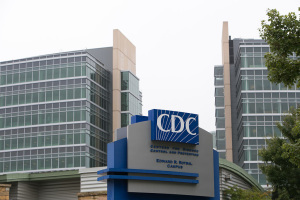Brachytherapy and Fertility Treatments Causing Death in Young Prostate Cancer Victims?
A recent study reported that early prostate cancer treatment involving radioactive seeds-announced just a week ago as more effective than surgery- could result in widespread damage to the DNA of a man's sperm.
Despite new treatments, prostate cancer has become a prevalent problem for younger men who may face a less hopeful future even after successful treatment.
"For most men with prostate cancer, having radioactive seeds implanted in the prostate is associated with fewer serious side effects than either surgery to remove the prostate or having a beam of high-energy radiation aimed directly at the cancer," according to WebMD in a Jan. 31 article
The treatment, referred to as brachytherapy, is stated to be as effective as the other two treatments but is more cost effective. However a new small study has revealed that the treatment could lead to infertility. But even despite the harsh side-effect, brachytherapy may still be worth considering.
Reuters reports: "Studies have found that brachytherapy is less likely to cause erectile dysfunction than either traditional external radiation or surgical removal of the prostate gland." Although many patients became infertile, some patients were still able to reproduce after the procedure.
Science Daily reported that prostate cancer has become more prevalent amongst younger men in recent years. It also stated that young men with prostate cancer are less likely to die, but the same young men with advanced cases also do not live for as many years afterwards as older men.
Daniel Lin, M.D., of the University of Washington and colleagues developed a study in 2009 that researched the correlation of young men diagnosed with prostate cancer and their future health.
Although young men have a better chance of survival 10 years after being diagnosed, those young men with advanced prostate cancers are more likely to suffer from other cancers as well.
"The youngest men (aged 35 to 44 years) have a particularly poor prognosis compared with older men. These young men are more likely to die from cancer or another cause sooner than older men with similar forms of cancer," Science Daily reported.




























